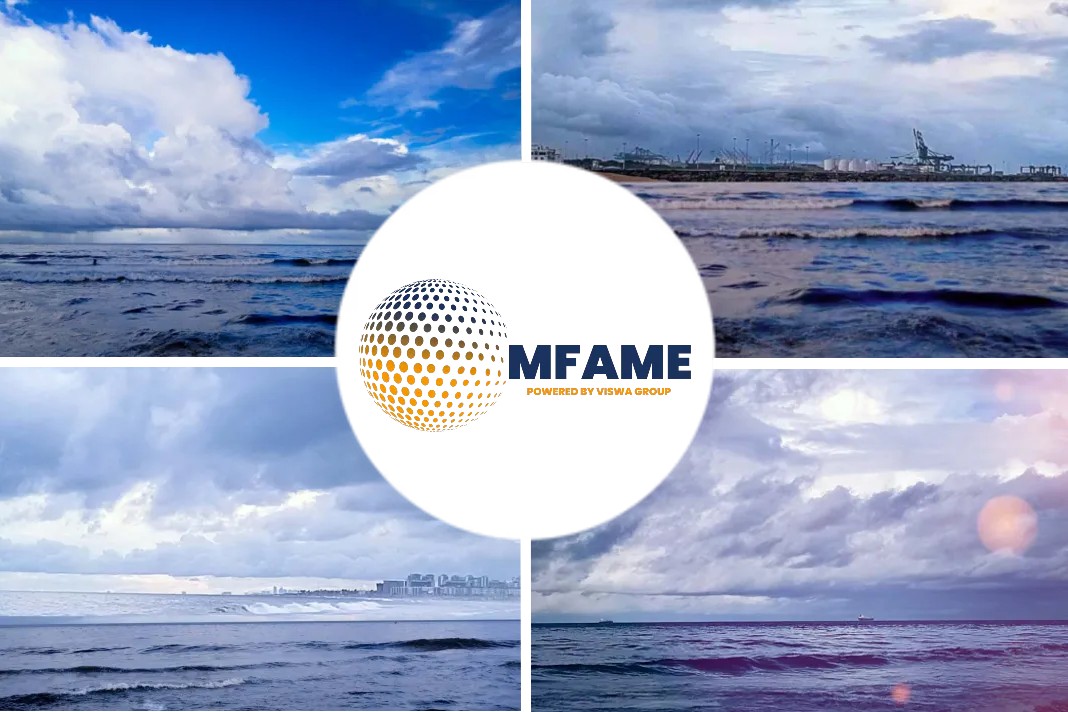 The Roberts Bank Terminal 2 Project appears destined for approval despite the established fact that container ship traffic to and from it will further threaten the endangered southern resident orcas. Cargo-ship fiasco underscores growing risk in Salish Sea, reports The Seattle Times.
The Roberts Bank Terminal 2 Project appears destined for approval despite the established fact that container ship traffic to and from it will further threaten the endangered southern resident orcas. Cargo-ship fiasco underscores growing risk in Salish Sea, reports The Seattle Times.
Approval for projects
Proposed to be built in subtidal waters of the Fraser River Delta adjacent to the Westshore coal terminal just north of the Canadian border, the new terminal would eliminate 442 acres of Chinook salmon habitat, crucial to orca sustenance. Juvenile salmon shelter and feed in eelgrass beds there, while migratory sandpipers frequent nearby mud flats.
And back in 2019, Canada approved the Trans Mountain Pipeline Expansion Project despite widespread recognition that a major spill of tar-sands crude oil would prove disastrous.
Both projects significantly increase the risks of accidents and oil spills, as well as worsen already high levels of underwater noise in these orcas’ critical habitat.
“Mega-Max” container ships
The gigantic “Mega-Max” container ships that would call on the planned terminal are over four times as large as the Zim Kingston and can carry five times as many containers.
The toxic fumes that spewed from the container ship Zim Kingston put a fiery exclamation point on a long-standing argument of Washington environmental groups.
Mega Max container ships can carry some 4 million gallons of propulsion fuels, which could lead to a widespread oil spill after a collision or grounding.
Such an incident anywhere in the Salish Sea would be devastating, but if it occurred in the narrow waterways of Haro Strait between San Juan and Vancouver Islands — where salmon pass and orcas often feed on them — it would be an unmitigated disaster.
Vessels must execute a sharp right-angled turn at the strait’s northern end, where the strong winds common in winter could strike a large ship broadside and blow it off course.
After the completion
Once built, the terminal would boost the Port of Vancouver’s capacity for these huge container ships and promote additional vessel traffic through Salish Sea waters.
Add in the nearly 700 more oil-tanker annual transits expected from Trans Mountain crude shipments, and over three more large, noisy oceangoing vessels per day would traverse these waters.
Did you subscribe to our daily Newsletter?
It’s Free! Click here to Subscribe
Source: The Seattle Times
















